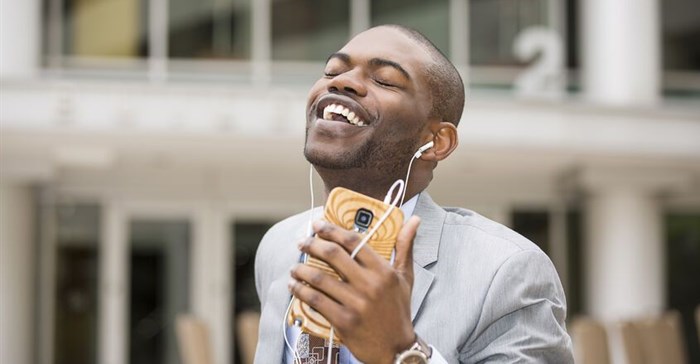
Top stories






More news












Logistics & Transport
Uganda plans new rail link to Tanzania for mineral export boost














Nick Grubb, chief executive, radio, Kagiso Media, which is home of two of the country’s largest independent radio stations - Jacaranda FM and East Coast Radio says: "While this was more than anticipated, we are in a slow but steady increase - in fact the increase has been better than we expected.”
But the pandemic has been responsible for more than revenue loss.
Virginia Hollis, managing director of Magnetic Media and co-founder of G2 Connection says: “If we go back to when the pandemic first hit - radio was the go-to medium for news and information, we trusted our radio stations to tell us the truth about what was happening in our communities, countries and around the world," she says.
“Radio stations have played their role of being audio fixtures in their communities for many decades,” says Dashni Vilakazi, MD of The MediaShop Johannesburg.
She says it is astounding that 80% of the South African population have switched on a device to listen to radio in the past week. “That is 23 million people on average per day tuned into radio.”
But while people are still listening, they are listening differently. “The pandemic has bought about a pronounced shift of routine listening during the pandemic, especially due to people being at home and listening much later in the mornings or much earlier in the evenings removing the need to commute for work,” she says.
The Covid period has led to more people to technology, but this has had a positive impact on the medium increasing audience engagement on websites and streaming apps.
“There has been a pronounced rise in streaming uptake and listening via television. A Jacaranda virtual event had levels of engagement on the same level of a face-to-face, pre-Covid, event,” says Grubb.
Stephen Pollock, founder and creative director at FaceForRadio, a division of The Hungry Copywriter says connected audiences are open to different and new radio forms.
“For these guys, radio will soon be everywhere, if it’s not already. On their watches, consoles, TVs, Alexa’s, hell, why not electric toothbrushes?
“The older and rural audiences are consuming radio on radios and phones, but even here technology is enabling radio stations to make that system work even better," he says.
As we move back to pre-Covid, this is not going to change, says Grubb. “People see radio as their connection to their community.”
Vilakazi adds: “People’s trading consumption behaviours are changing hourly post the pandemic and therefore radio stations need to analyse and react to how listeners are engaging their platforms."
Listeners aren’t the only ones who have benefitted from this evolution of radio to various platforms and technologies. Advertisers, says Vilakazi, have benefitted from the combining effort of digital and other broadcast mediums.
“Instead of just going digital, brands that have efficaciously assembled their campaigns with the dexterity of digital and the unquestionable reach of traditional radio or broadcast activities have achieved a synergistic reach and frequency supporting their advertising messages,” says Vilakazi.
According to Gary Whitaker, CEO at the Broadcast Research Council of South Africa (BRC), technology is certainly playing a major role in enabling the medium from both a measurement and experiential point of view.
“Radio, now more than ever, is a trusted companion and gateway into the outside world. The 'theatre of the mind' is alive and well with audio consumption accelerating at a rapid rate across many different platforms and formats,” says Whitaker.
“As an example - lower data prices and improved infrastructure have opened up access to stations that were previously limited by their signal coverage. Smart speakers, in-car Wi-Fi and a myriad of streaming services are fuelling interest and content creation in the audio space,” he says.
He explains that the BRC is currently building a longitudinal passive listening panel whose audio habits are captured every second of the day via a mobile application.
“This will allow us to monitor patterns of behaviour over time for all segments of the market, which allows the media agencies to plan better and for the broadcasters to be more agile in the running of their stations.”
Grubb acknowledges that it has been a stressful 18 months, but he also calls it the most rewarding time in be in radio.
“The pandemic and the unrest were tumultuous times for radio, so we had to be really innovative and highly creative. The result was that radio, in general, did a lot of good for others,” he says.
“This sense of purpose made us more engaging and relevant to the reader, reinforcing the relationship of radio with the listener, demonstrating this powerful aspect of radio,” says Grubb.
